The Seaquest Basking Shark Project – A UK Conservation Experience to Remember
Aside from the fact that this site overlooks one of three major basking shark hotspots in the country, it is also a truly magical place to be.
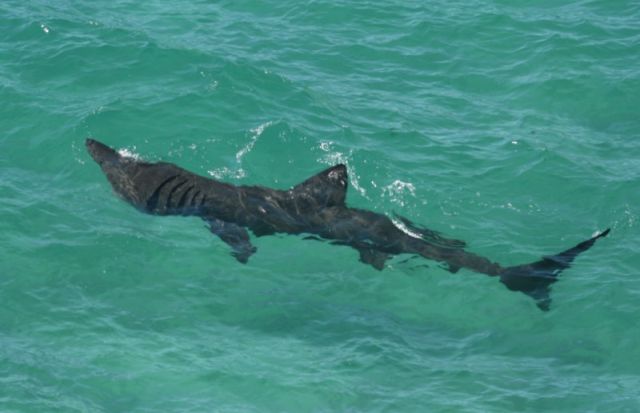 Image: Cornwall Wildlife Trust
Image: Cornwall Wildlife Trust By: Angie Gall (Marine Conservation Officer, Cornwall Wildlife Trust)
The Cornwall Wildlife Trust’s Seaquest Basking Shark Project is valuable conservation experience in a beautiful spot! My lucky strike on the UK Conservation wheel of fortune, is an ongoing experience that I will never forget and it all began one morning very early on the Porthgwarra cliffs of Cornwall…
“Shifts start at 05:30 each day”. I could hardly believe my ears when I was first told about how Cornwall Wildlife Trust’s Seaquest Basking Shark Project worked. “And this is for volunteers?” I asked incredulously. It wasn’t until I tried my first early morning watch that I realized the logic behind this…
Just above Porthgwarra, perched on the dramatic granite cliffs beside the South West Coast Path is a wide grassy ledge overlooking the vast expanse of sea. The view is spectacular and the sound of the waves hitting against the rocks beneath mixes with the ocean breeze, to produce an orchestrated piece of tranquility amidst nature. This is our watch point. At five thirty in the morning, as the dawn slowly begins breaking there is nobody else around but my watch partner, the wildlife and I. The sea is calm and the mist is gradually lifting as I set up the telescope and pour the delicious brewed coffee from my flask. I make myself comfortable and relax…ready for the seven hours of enjoyment ahead of me at this wonderful spot.
Aside from the fact that this site overlooks one of three major basking shark hotspots in the country, it is also a truly magical place to be. The heathland is home to adders which sometimes bask on the rocks nearby and a pair of choughs can often be seen in the area. Spotting basking sharks requires patience but there are many other pleasures that make the shark spotting shift more than pleasurable for conservation enthusiasts. The volume of passers-by during the day, gives us an excellent opportunity to interact with people and tell them more about basking sharks and marine conservation in general, which is helping to raise awareness to a considerable extent.
There is also plenty of other marine wildlife to look out for. In fact, in this last week, our volunteers have spotted bottlenose and common dolphins, ocean sunfish and great skuas. Magnificent as all this is though, nothing quite beats the first glimpse of a large triangular dorsal fin sliding up through the sea surface, as a basking shark comes up to feed. Plankton accumulates on fronts in the water here and you can often see right inside the sharks’ huge gaping mouths as they filter the water close to the cliffs.
If you are enticed by the prospect of marine conservation in the UK, why not come and get involved? To become a volunteer, experience isn’t necessary. Passion is. We’d love to hear from you at: baskingshark@cornwallwildlifetrust.org.uk
Images courtesy Cornwall Wildlife Trust

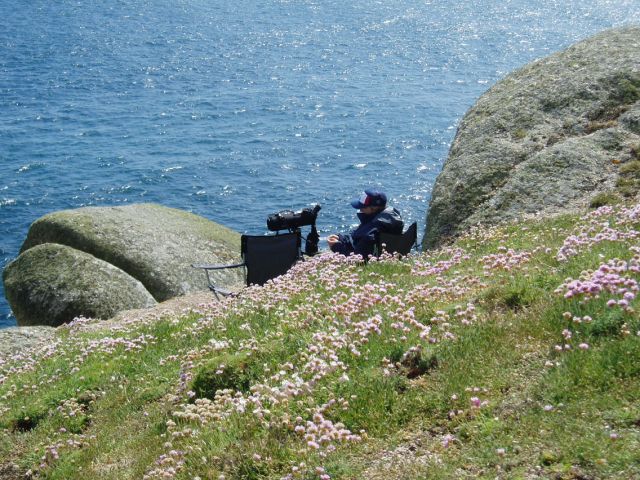
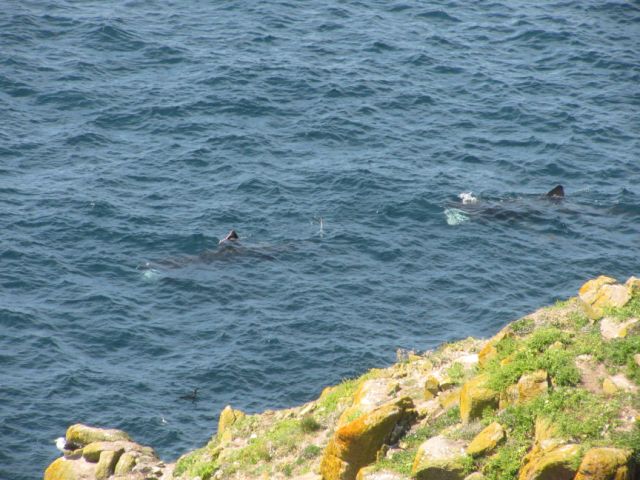
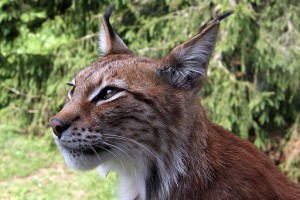
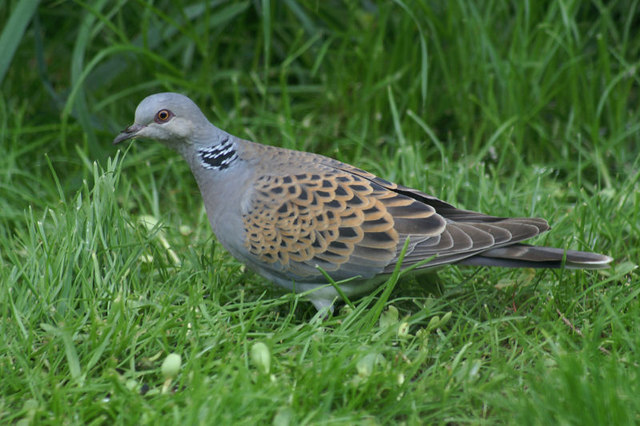
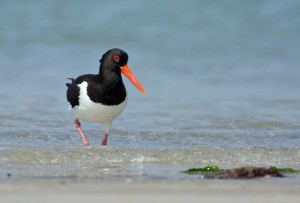
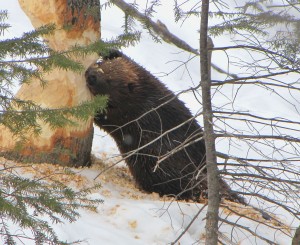
One Comment
Hi! I don’t live in the UK, but I would love to volunteer with basking sharks. Is there housing available for volunteers?
Thank you
Laura